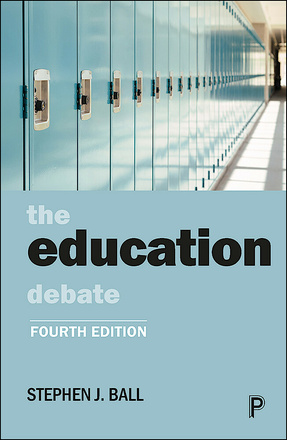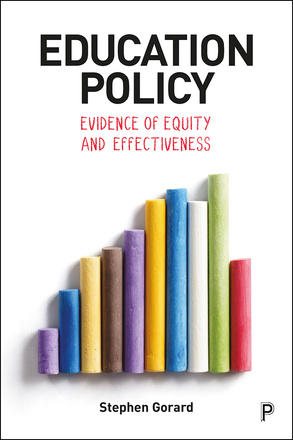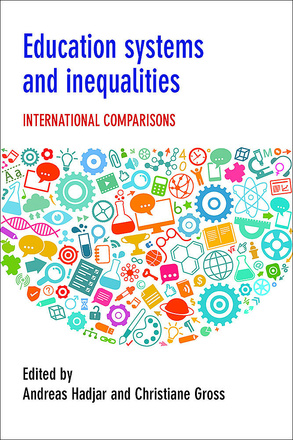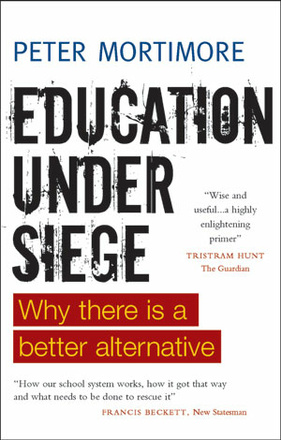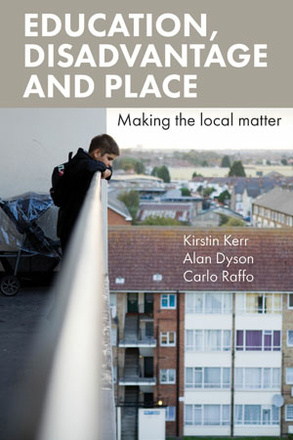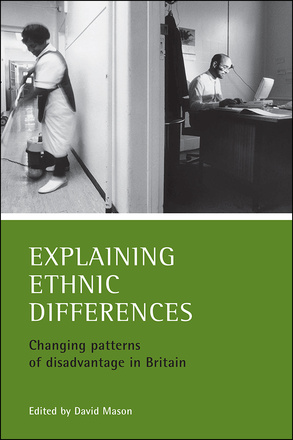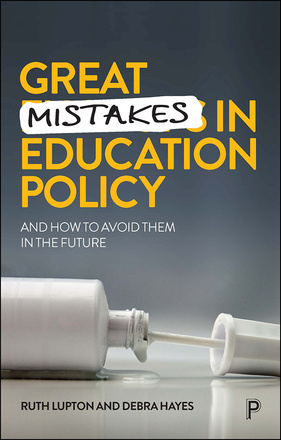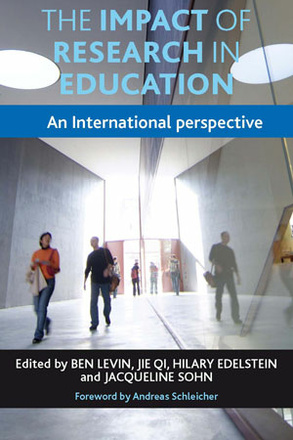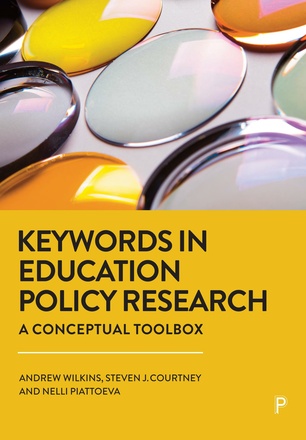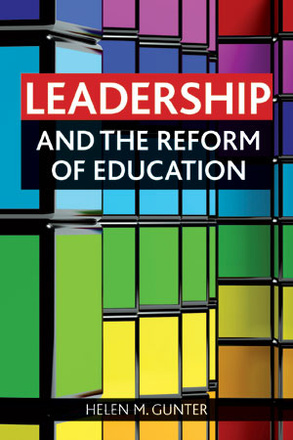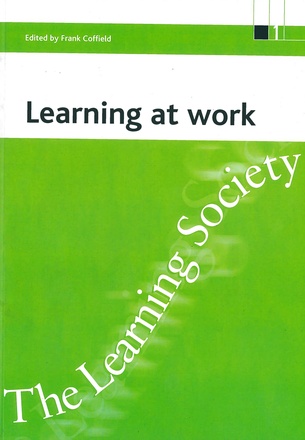Education Policy and Politics
The Education Debate
This extensively updated fourth edition by the key author in the field will maintain its place as the most important text on education policy and makes essential reading for all students and anyone interested in education policy more generally.
Education Policy
Evidence of Equity and Effectiveness
Supported by 20 years of extensive, international research, this approachable text brings invaluable insights into the underlying problems within education policy, and proposes practical solutions for a brighter future.
Education Systems and Inequalities
International comparisons
EPUB and EPDF available Open Access under CC-BY-NC-ND licence. Education systems and inequalities compares different education systems and their impact on creating and sustaining social inequalities.
Education under Siege
Why there Is a Better Alternative
Education under siege considers the English education system as it is and as it might be. It identifies the current system’s strengths and weaknesses and proposes radical changes to ensure fair education for all.
Education, Disadvantage and Place
Making the Local Matter
Challenging current thinking, this important book is the first to focus on the role of area-based initiatives to tackle the link between education, disadvantage and place. Aimed at all those actively seeking to tackle disadvantage, including policymakers, practitioners, academics and students.
Explaining ethnic differences
Changing patterns of disadvantage in Britain
Recent urban disturbances, concerns about the fate of asylum seekers and renewed debates about the nature of ethnic identity and citizenship have all combined to give ethnic differences a high public and policy profile. This book explores the diverse experiences of ethnic disadvantage and challenges common assumptions.
Great Mistakes in Education Policy
And How to Avoid Them in the Future
Situating the cases of England and Australia within broader global policy trends, this book critically analyses what has gone wrong with education policy. Drawing on wide-ranging research, the authors issue a fundamental challenge to current policy orthodoxies, and identify policy alternatives to make education both better and fairer.
The Impact of Research in Education
An International Perspective
This much-needed, original book analyzes efforts and systems in nine countries to mobilize research knowledge, describing the various factors that support or inhibit that work to provide an unprecedented view of the way education research is produced and shared.
Keywords in Education Policy Research
A Conceptual Toolbox
Designed as a reference, learning and teaching tool to assist students, educators and researchers, this book describes the history, contribution and application of over 90 keywords in the field of education policy research.
Leadership and the reform of education
This timely book analyses the relationship between the state, public policy and the types of knowledge that New Labour used to make policy and break professional cultures.
Learn to succeed
The case for a skills revolution
This is the first book to draw together the evidence on the 'case' for skills and to examine the policies appropriate to achieving 'skills for all'.
Learning at work
This first report in the ESRC Learning Society series examines the key processes of learning, as embedded in particular workplaces, organisational structures and specific social practices. The authors explore the conflicts and barriers which organisations run into, even when they are trying to promote greater learning among staff.







